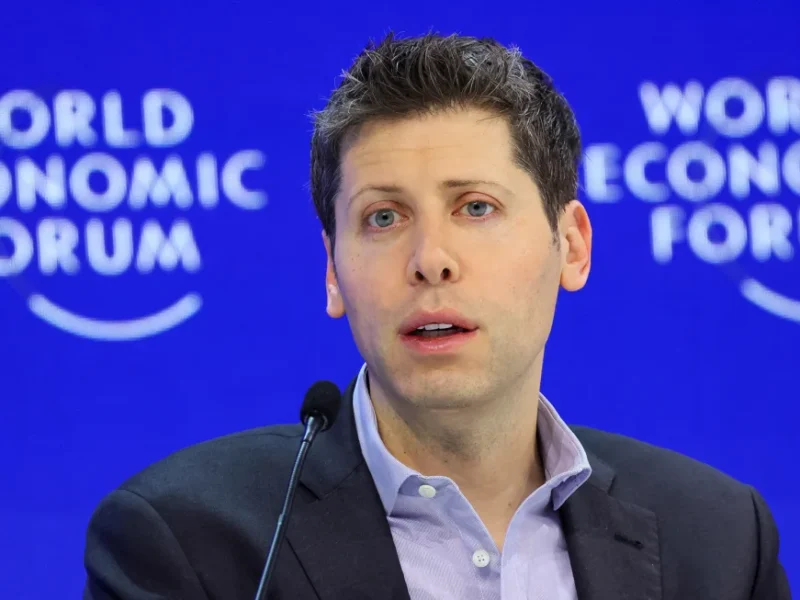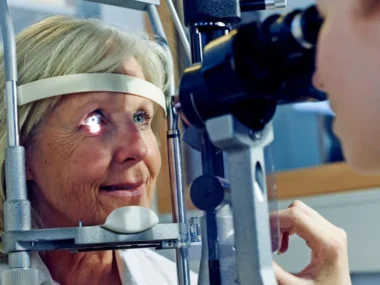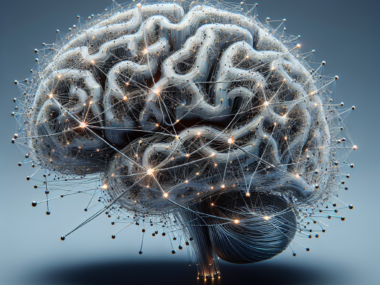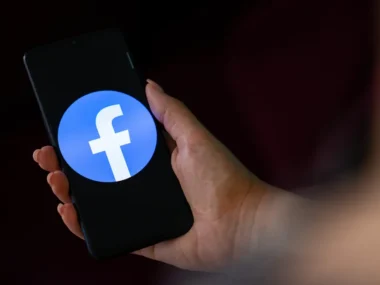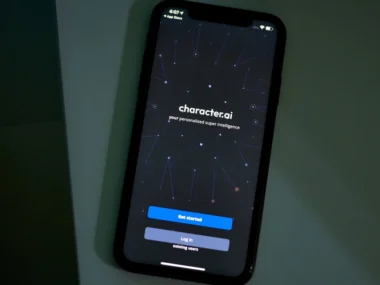During the World Economic Forum in Switzerland, OpenAI’s CEO, Sam Altman, expressed the view that human beings will continue to hold the ultimate decision-making power in the world, despite the rise of artificial intelligence (AI). Altman emphasized that AI is proficient in certain tasks but is not suited for making “life-and-death” decisions.
He described AI as a system that can be sometimes accurate, occasionally creative, and often incorrect. Altman pointed out that while it might not be advisable to rely on AI to drive a car, it can be useful for tasks such as generating content or assisting with coding.
Generative AI systems like ChatGPT, according to experts, have the potential to transform the global economy by generating content in response to user prompts. However, there are concerns about AI’s dystopian implications, including potential job displacement and threats to humanity.
Altman took a more optimistic stance, noting that people have found ways to enhance their productivity using generative AI and have a clear understanding of its limitations. He stressed that AI provides humans with better tools and access to greater capabilities but emphasized that human focus remains primarily on one another.
AI was a central topic at the Davos gathering, with various discussions exploring its impact on society, employment, and the broader economy. The International Monetary Fund (IMF) predicted that AI could affect nearly 40% of jobs globally, potentially replacing some roles while complementing others. However, there are concerns about the potential exacerbation of income inequality.
Salesforce CEO Marc Benioff, who spoke alongside Altman, emphasized that AI is not at the point of replacing humans but rather augmenting their abilities. He cited an example of a Gucci call center in Milan that saw improved revenue and productivity when workers used Salesforce’s AI software during customer interactions.
Both Benioff and Altman stressed the importance of regulating AI systems to mitigate potential existential threats posed by the technology. Altman welcomed the discussions and concerns about the downsides of AI, highlighting the importance of holding AI developers and organizations to high standards.
Altman also briefly mentioned a New York Times copyright lawsuit against OpenAI and his own experiences, describing them as “so ridiculous” and suggesting that sometimes it’s necessary to find humor in such situations.

